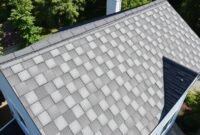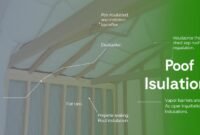So you are curious about the right ways to choose the right airless roof coating sprayer, right? If you do, we would like to help you by giving you several things you need to know before choosing your airless coating sprayer.
What is an airless roof coating spray?
Before discussing what makes a good sprayer, we need to understand what an airless roof coating spray is. Without a deep understanding of what we are talking about, there is no point in discussing it further.
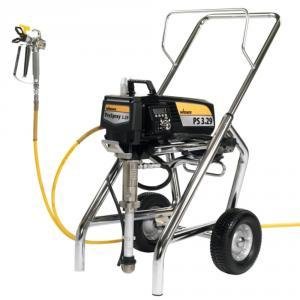
In short sentences, an airless roof coating spray is a sprayer that does not use air at all. It might use high pressure, but no air is involved when spraying it. Instead of pressurizing air to help spray the coating onto your roof, the thing being pressured is the coating itself.
The coating will become more ‘separate’ droplets when it gets pressurized. These droplets are easier to apply on the roof and dry quicker than when using a squeegee or something else that people normally use.
Read also: How to Apply Paint for Galvanized Metal Roof
This is why people often use an airless roof coating spray when doing big jobs. You can only do so much with a squeegee when you have a lot of roofs to cover.
Let us get into the technical stuff.
For optimal performance, a coating sprayer should have a flow rate capable of delivering spray at a rate of 1 and a half gallons per minute. This flow rate ensures efficient coverage of the roof surface. Additionally, the roofing sprayers should be robust and built to spray the toughest coatings.
Importance of Flow Rate
The flow rate of the coating sprayer is a critical factor to consider. It determines how quickly and effectively the coating is applied to the roof. A sprayer with an adequate flow rate can save time and ensure a uniform application, which is essential for achieving the best results and long-lasting protection for your roof.
Choosing the Right Sprayer
When choosing, it’s important to consider the size and complexity of your roofing project. For larger roofs or projects that require extensive coating, a sprayer with a higher flow rate will be more efficient. Additionally, ensure that the sprayer is compatible with the type of coating you plan to use, whether it’s for shingles, metal roofs, or other materials.
The sprayer’s pressure should also be around 2,000 psi to apply the coating evenly and thoroughly. Less than that, and you will have a hard time trying to cover up a small roof.
The hose’s length depends on how high the roof you are trying to coat is, but a longer hose will always be better compared to a shorter one.
Read also: Silicone Roof Coating Pros and Cons?
It also needs to be able to fit all kinds of spray-on coating
Be it spray-on coating for shingles or spray-on coating for metal roofs. An airless roof coating spray needs to be able to tolerate the two. Most airless sprayers can do that now, so you do not have to worry unless you get a cheap one that will break when you put a coating there.
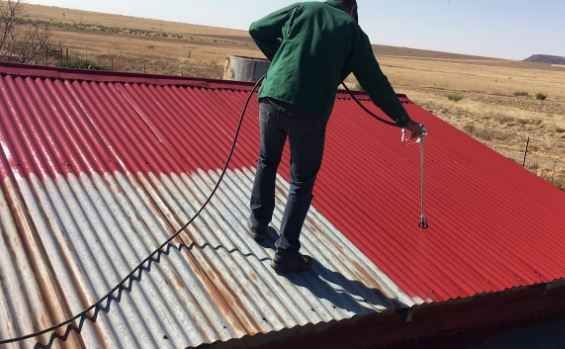
Both gasoline and electric airless sprayers are good
But it will be even better for you to find out what kind of money you are ready to spend before buying either. An electric airless sprayer is a much more expensive first purchase and much less far-reaching, thanks to the presence of an electric cord that limits your movement.
It is safer for the environment, and the noise would probably not bother you as much as a gasoline-ran sprayer.
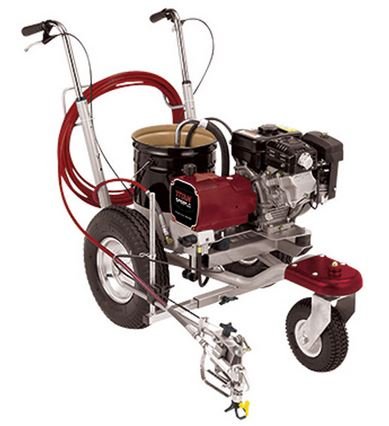
On the other hand, a gasoline sprayer works better and is often much more durable than an electric sprayer, thanks to the unit’s lack of sensitive parts. It is much more expensive in the long run thanks to gasoline’s rising price, which means you have to be smart and calculating before buying an airless roof coating sprayer.

